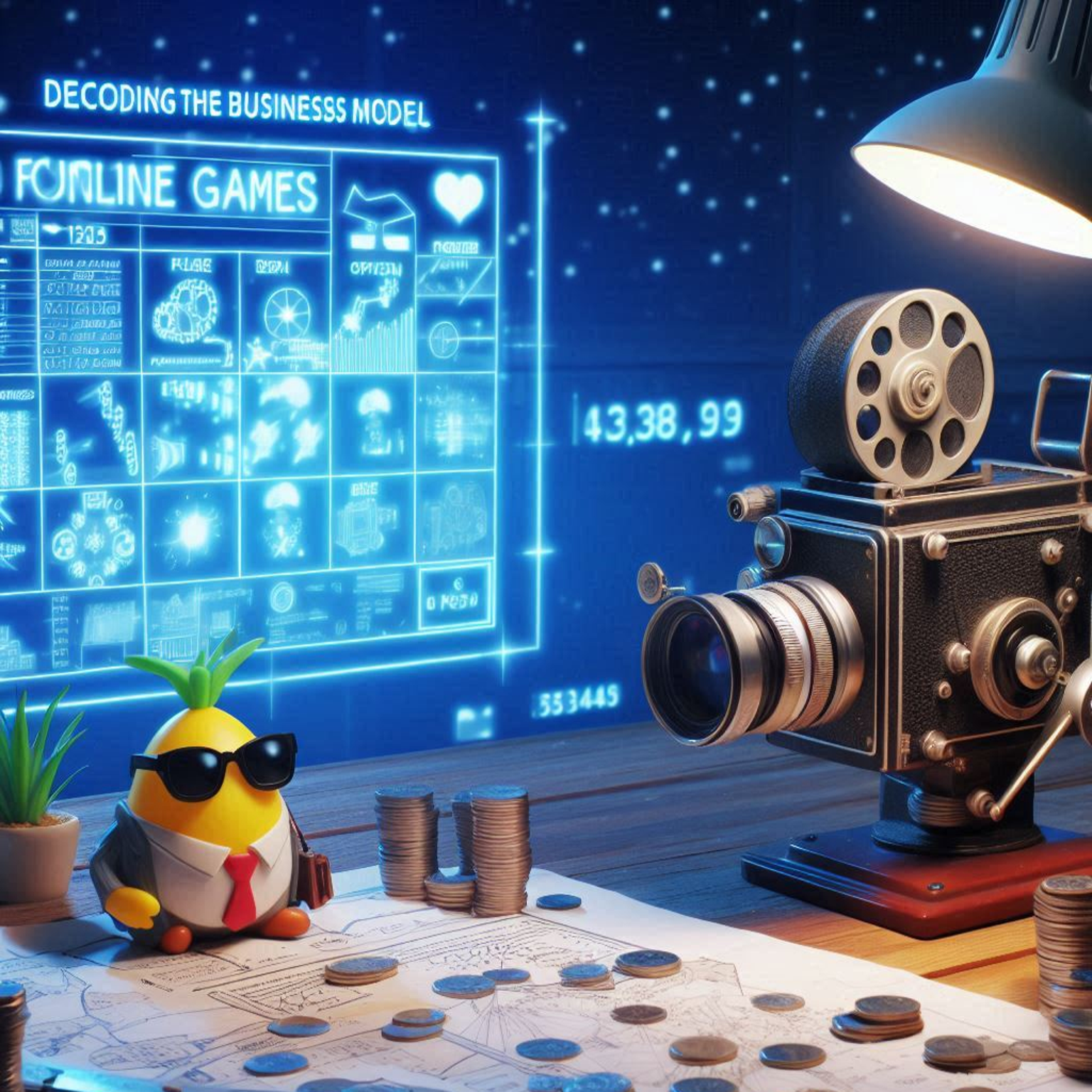In recent years, game websites have changed a lot. They are not just places to play games anymore. Now, they are becoming real communities where players can meet, chat, and make friends. This change is making gaming more than just a solo activity; it is turning it into a social experience.
So, what does it mean for a game website to be a community? First, it means that players can connect with each other. They can talk in forums, join groups, and team up for games. This connection helps players feel like they belong somewhere, which is super important.
There are also events on these websites, like tournaments and special game nights. These events bring players together and allow them to compete and celebrate together. Just playing a game is fun, but doing it with others makes it even better!
Most game websites also have features to share experiences, like blogs and live streams. This helps players show off their skills and share tips with each other. You can learn new strategies or just watch someone have fun playing. It creates a friendly and welcoming atmosphere.
In short, game websites are not just about playing games anymore. They are about building friendships and creating a sense of community. Whether it’s chatting with someone in a forum or teaming up in a game, the social aspect is what makes gaming truly special.
Glossary:
1. Community – A group of people who share common interests.
2. Forums – Online discussion boards where people can post and reply to messages.
3. Tournaments – Competitions where players compete to win prizes.
4. Live streams – Real-time broadcasting of gameplay over the internet.
How Game Websites are Becoming Communities: The Social Aspect of Gaming
Understanding Online Gaming Communities
In recent years, online gaming websites have transformed from simple platforms for playing games into vibrant communities where players connect, share, and collaborate. This change reflects how gaming is not just about competition but also about building relationships. Let’s explore this phenomenon in detail.
The Importance of Community in Gaming
A gaming community can be defined as a group of players who come together, often through a specific game or platform, to share their experiences and interests. Here are some benefits of being part of such communities:
- Friendship: Players often make lasting friendships through gaming.
- Support: Community members help each other improve their skills.
- Shared Experiences: Players can relate to each other’s gaming experiences and challenges.
- Collaboration: Some games require teamwork, encouraging players to work together.
Features That Foster Community
Game websites incorporate various features to encourage socialization among players:
- Forums: Many gaming websites have forums where players can discuss strategies and share tips.
- Chat Rooms: Real-time communication allows players to talk while playing.
- Multiplayer Modes: Games that allow multiple players to interact enhance the social aspect of gaming.
- Events: Tournaments and community events bring players together to compete and celebrate.
The Role of Social Media
Social media platforms also play a significant role in the evolution of gaming communities. Players share their gameplay, stories, and achievements, creating a sense of belonging. As one expert noted, “Social media has turned gaming into a shared experience, where every player can become a part of a larger narrative.”
Challenges Facing Gaming Communities
While there are many benefits, gaming communities also face challenges:
- Toxic Behavior: Negative interactions can lead to a hostile environment.
- Exclusivity: Some communities may create barriers that exclude new players.
- Balancing Competition and Camaraderie: Striking the right balance between competitive play and friendly interaction can be difficult.
Solutions for Building Positive Communities
To address the challenges, game websites and players can take several steps:
- Moderation: Active moderation can help eliminate toxic behavior and maintain a welcoming atmosphere.
- Inclusivity Initiatives: Encouraging newcomers and ensuring everyone feels valued can strengthen a community.
- Positive Reinforcement: Rewarding good behavior, such as teamwork and sportsmanship, promotes a healthy community culture.
Conclusion with Real-Life Examples
Many gaming platforms successfully foster a sense of community. For instance, the popular game Fortnite hosts events that bring players together, and one player stated, “It’s not just a game for me; it’s a place where I connect with friends and share fun moments.”
Additionally, platforms like Discord allow gamers to communicate in real-time, enhancing collaboration during gameplay. As gaming continues to evolve, the social aspect will likely remain a fundamental part of the experience.
Key Terms Explained
| Community | A group of players who share interests and support each other. |
| Moderation | The process of overseeing interactions to ensure a positive environment. |
| Inclusivity | The practice of making sure everyone feels welcome in a community. |
| Toxic Behavior | Negative interactions that can harm the community atmosphere. |
What are game websites?
Game websites are online platforms where players can access and play video games. They often provide a variety of games, from casual to competitive, and can include elements like forums, chat rooms, and social features that encourage interaction among players.
How do game websites foster community?
Game websites foster community by creating spaces for players to connect. Many platforms include forums and social media features where users can discuss games, share strategies, and form friendships. Additionally, multiplayer games encourage collaboration and competition, which further builds a sense of belonging.
What role do forums play in gaming communities?
Forums are essential for gaming communities as they allow players to share their experiences, seek advice, and engage in discussions about specific games. These platforms serve as a hub for communication, enabling players to connect over common interests and stay updated on news and events related to their favorite games.
Are there ways to engage with other players on game websites?
Yes, many game websites offer various engagement tools, such as chat rooms, direct messaging, and multiplayer gameplay. Players can join teams or guilds, participate in tournaments, and attend virtual events to enhance their interaction and build relationships within the community.
How do social features enhance the gaming experience?
Social features enhance the gaming experience by allowing players to share achievements, showcase gameplay, and seek support from others. These elements contribute to a more immersive experience, as players feel more connected to their peers, making the gaming environment more enjoyable and dynamic.
What impact do gaming communities have on player retention?
Gaming communities have a significant impact on player retention. When players feel connected to others and part of a community, they are more likely to continue playing a game. The support and friendship found within these groups can lead to long-term engagement and loyalty to a game or platform.
Can gaming communities influence game development?
Absolutely. Feedback from gaming communities can significantly influence game development. Developers often look to their player base for suggestions and improvements, which leads to updates that cater to the community’s desires, ultimately creating a better gaming experience.
What are some challenges that gaming communities face?
Gaming communities can face challenges such as toxicity, harassment, and exclusionary behavior. It’s essential for platforms to implement measures to ensure a positive environment and promote inclusivity, helping all players feel safe and valued within the community.
How can I find the right gaming community for me?
To find the right gaming community, explore different platforms and games based on your interests. Join forums, follow social media groups, and participate in discussions to assess which communities resonate with you. Look for friendly and active environments that align with your gaming style and preferences.










